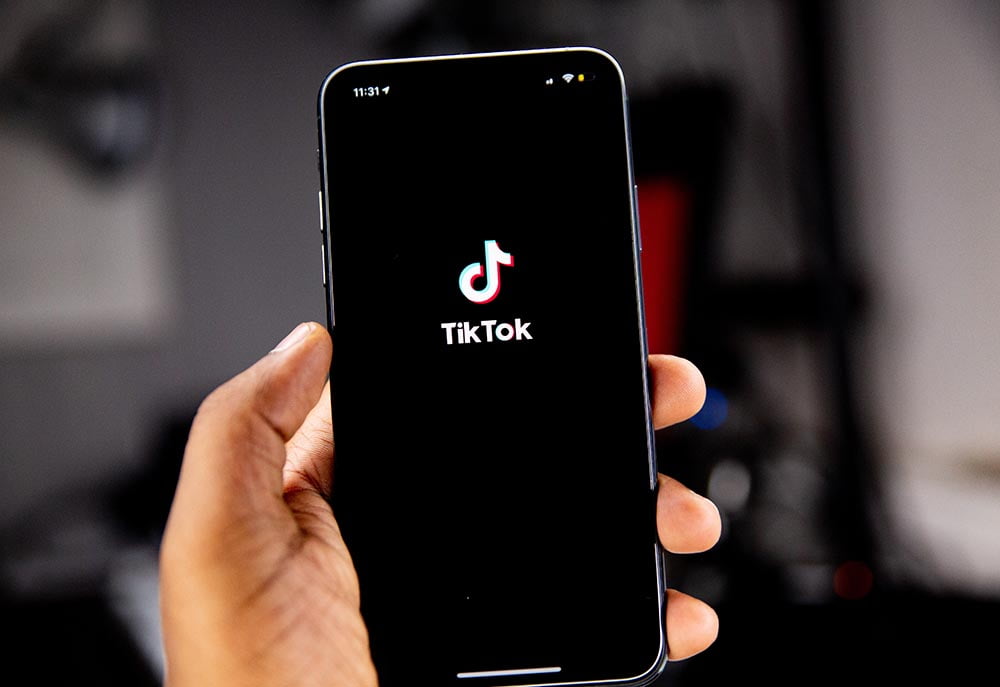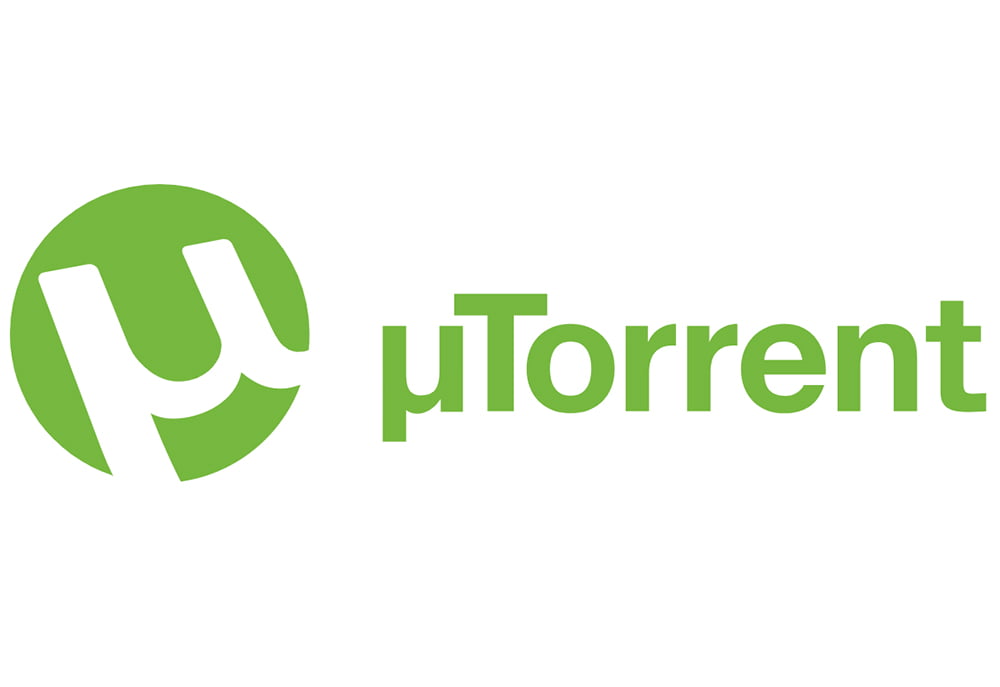The recent news of TikTok being banned in Nepal has sent ripples across the country’s digital community. TikTok, a globally popular social media platform known for its short-form videos, has become a significant part of the digital culture worldwide, and Nepal is no exception. This platform has not only served as a source of entertainment but also as a means for creative expression, social connection, and even a platform for digital marketing and business growth for many Nepalese users.
The ban, which came as a sudden move by the Nepalese government, has raised various questions and concerns. Understanding the context and implications of this ban is crucial, especially given TikTok’s deep integration into the daily digital activities of many in Nepal. From budding influencers to small businesses, the app has been a key tool for engagement and growth in the digital space.

Table of Contents
Why Was TikTok Banned in Nepal?
Government’s Concerns: Social Harmony and Malicious Content
Nepal’s Minister for Communications and Information Technology said that the country banned TikTok because it was thought that the material on the site was “harmful to social harmony.” The ban, which started right away, is because of a new rule that says social media companies need to set up contact offices in the country. This move shows that the Nepalese government wants to control digital platforms more strictly across a wider range of areas.
Political Debate and Free Expression
The ban has sparked a debate within Nepal’s political circles. Gagan Thapa, a senior leader of the Nepali Congress party, which is part of the coalition government, has criticized the decision. He views it as a potential infringement on freedom of expression, suggesting that the government should focus more on regulating the platform rather than outright banning it. This perspective highlights the delicate balance between regulatory measures and the preservation of digital freedoms.
Global Scrutiny and Cybercrime Concerns
TikTok, owned by ByteDance, has faced international scrutiny over data privacy and the potential for data to be accessed by the Chinese government, a claim the company has consistently denied. In Nepal, the platform’s impact has been significant, particularly among the younger population. According to the BBC Media Action report, TikTok is the third most used social media platform in Nepal, with a notably high usage rate among 16 to 24-year-olds.
The concern is further compounded by cybercrime statistics. Over the last four years, more than 1,600 TikTok-related cybercrime cases have been registered in Nepal. This data underscores the challenges faced by authorities in moderating content and ensuring a safe online environment.
Comparative Perspective
Nepal is not alone in its apprehension towards TikTok. Several countries, including India, have banned the app, citing similar concerns. Pakistan has temporarily banned TikTok multiple times since 2020, and even its online shopping service faced restrictions in Indonesia. These global precedents reflect a growing wariness of social media platforms and the complex issues they present to national governments.
Legal Perspectives: The Ban and Digital Rights
The legal basis for Nepal’s decision to ban TikTok is anchored in the country’s efforts to regulate online platforms more stringently. This move aligns with the recent requirement for social media companies to establish liaison offices within Nepal. Such regulations are often rooted in telecommunications and cybercrime laws, which governments use to address concerns about content regulation, data privacy, and national security.
In the case of TikTok, the Nepalese government has cited content detrimental to social harmony as the primary reason for the ban. This rationale likely falls under broader legal provisions concerning public order, decency, and national security. However, the specifics of these legal justifications can vary, and they often raise questions about the balance between state control and individual freedoms.
Discussions on Digital Rights and Freedom of Expression
Nepal has banned TikTok, which has led to important conversations about digital rights and free speech. In today’s global digital environment, where social media sites play a big part in public life, these conversations are very important. People who fight for digital rights often say that banning sites like TikTok can go too far and could violate people’s rights to free speech and access to information.
The debate in Nepal, particularly the criticism from figures like Gagan Thapa, reflects a broader concern about how such bans could set precedents for internet censorship and control. It brings into focus the need for a legal framework that balances the need for regulation with the preservation of digital liberties.
In many countries, the legal discourse around social media regulation is still evolving. Governments are trying to navigate the challenges posed by these global platforms while respecting international norms regarding human rights and free speech. The situation in Nepal serves as a case study in this global conversation, highlighting the complexities of governing the digital space in a way that safeguards both public interest and individual freedoms.
How to Access TikTok in Nepal Post-Ban
Virtual Private Networks (VPNs) are a good way for people in Nepal to still get to TikTok after it was banned. A VPN lets people connect to the internet through computers in other countries, getting around any limits that might be in place in their own country. To use a VPN to get to TikTok, follow these easy steps:
- Choose a Reliable VPN Service: Select a VPN provider known for its reliability, security features, and good server coverage. Look for services that offer servers in countries where TikTok is not banned.
- Download and Install the VPN App: Most VPN services offer apps for a range of platforms, such as PCs, smartphones, and laptops. Get the app from a source you know you can trust and put it on your device.
- Connect to a VPN Server: Open the VPN app and sign in. Choose a server in a country where TikTok is available. The connection will encrypt your internet traffic and route it through the selected server.
- Access TikTok: Once the VPN connection is established, open TikTok. You should now be able to access the app as if you were in a different country.
- Disconnect VPN After Use: When you’re done using TikTok, remember to disconnect from the VPN. This will revert your connection back to your local server.
Importance of Choosing the Right VPN for Privacy and Speed
The effectiveness of a VPN in bypassing bans like that of TikTok in Nepal depends significantly on the quality of the VPN service. Here are key factors to consider:
- Privacy: Pick a VPN with a tight “no-logs” strategy to make sure that no one can see or record what you do online.
- Speed: A good VPN should offer fast connection speeds to ensure that your TikTok experience is smooth and uninterrupted. Slow VPNs can lead to buffering and poor video quality.
- Security: Ensure the VPN uses strong encryption to protect your data from interception, especially if you are using public Wi-Fi networks.
- Server Locations: The more server locations a VPN offers, the better your chances of finding a fast and reliable connection to access TikTok.
- Reliability: Opt for a VPN that is known for its consistent performance and minimal downtime.
Using a VPN is a common method to bypass internet restrictions, but it’s important to note that the effectiveness and legality of using VPNs can vary based on local laws and regulations. Users should be aware of these factors when attempting to access banned services like TikTok in Nepal.
Alternative Apps and Digital Solutions
With TikTok now banned in Nepal, users are exploring alternative platforms to fill the void left by the popular short video app. Several other social media and video-sharing platforms offer similar features and have gained popularity. Here are a few notable alternatives:
- Instagram Reels: Reels, Instagram’s counterpart to TikTok, allow users to make and share short films. It features a large selection of editing tools and effects, making it a popular choice among TikTok users.
- YouTube Shorts: YouTube’s Shorts feature is another platform for creating brief, engaging videos. With YouTube’s extensive user base, Shorts has become a go-to for content creators and viewers alike.
- Snapchat Spotlight: Snapchat’s Spotlight feature is designed for short-form video content, similar to TikTok. It offers unique filters and AR effects, which appeal to a younger audience.
- Dubsmash: Although less popular than TikTok, Dubsmash offers similar functionality with a focus on lip-sync videos. It’s another alternative for those looking to create and share quick, fun videos.
- Likee: Likee is another app that offers similar functionalities to TikTok with a range of video creation and editing tools, though it may not be as widely used in Nepal.
How Users Are Adapting to the TikTok Ban
The adaptation to the TikTok ban in Nepal has been diverse, reflecting the varying needs and preferences of its user base. Here’s how different users are adapting:
- Migrating to Other Platforms: Many users are migrating to alternatives like Instagram Reels or YouTube Shorts, which provide similar features for creating and sharing short videos.
- Diversifying Content Creation: Content creators are diversifying their presence across multiple platforms to avoid reliance on a single app. This strategy helps them maintain their audience and influence, regardless of bans.
- Local and Niche Platforms: Some users are turning to local or less mainstream platforms that offer a more tailored experience, possibly with a focus on Nepalese culture and content.
- Online Communities and Forums: Users are also exploring online communities and forums to share content and stay connected. These can range from social media groups to dedicated content-sharing websites.
The ban on TikTok has undoubtedly impacted the digital landscape in Nepal, but it has also spurred innovation and adaptability among users. The shift to alternative platforms not only demonstrates the dynamic nature of the digital world but also the resilience of its users in the face of change.
Safety and Security Considerations When Bypassing Bans
When attempting to bypass app bans like the TikTok ban in Nepal, it’s crucial to prioritize online safety and security. Here are some best practices to consider:
- Use Reputable VPN Services: If you’re using a VPN to access banned apps, ensure it’s from a reputable provider. Avoid free VPNs as they might not offer adequate security and could potentially log your data.
- Keep Software Updated: Make sure that all of your devices and software, including VPN applications are up to date. Security fixes that defend against new vulnerabilities are frequently included in updates.
- Beware of Phishing Scams: Be cautious of phishing attempts and suspicious links, especially those promising easy access to banned apps. These could be traps to steal your personal information.
- Strong Passwords and Authentication: Use strong, unique passwords for your accounts and enable two-factor authentication where available for added security.
- Educate Yourself on Digital Laws: Be aware of your country’s digital laws and regulations. Bypassing bans might be legally gray in some jurisdictions, and it’s important to understand the potential legal implications.
Risks Associated with Bypassing App Bans
Bypassing bans on apps like TikTok can come with several risks:
- Legal Risks: Using tools to get around app bans might be against the law in your area, or it could be in a legal dark area. Users should be aware of how their acts may affect the law.
- Security Vulnerabilities: Unauthorized apps or tools used to bypass bans may not have the same level of security as official apps, potentially exposing users to data breaches or malware.
- Privacy Concerns: Using third-party tools, especially unreliable VPNs, can put your privacy at risk. Some may log your data or have inadequate privacy policies.
- Unregulated Content: Banned apps are often regulated for content. Bypassing the ban might expose users, especially younger audiences, to inappropriate or harmful content.
- Potential for Scams: The desire to access banned apps can make users more susceptible to scams and fraud, including fake apps and services that promise access but are actually malicious.
It’s important to navigate these considerations carefully. While the desire to access banned apps is understandable, it should not come at the cost of compromising personal safety, security, or legal standing.
The Future of TikTok in Nepal: Possible Scenarios
The future of TikTok in Nepal hinges on several factors, including potential changes in government legislation and policy. Here are some scenarios that could unfold:
- Reversal of the Ban: Depending on the evolving political and social landscape, the government may reconsider and lift the ban, especially if they can establish a more regulated environment for TikTok’s operation.
- Stricter Regulations for Social Media: Alternatively, the government might introduce more stringent regulations for all social media platforms, including TikTok, if they decide to allow it back. These could include tighter content monitoring, data privacy safeguards, and localized control measures.
- International Influence: Global trends in social media regulation and international diplomatic relations, especially concerning data privacy and cyber security, might influence Nepal’s stance on TikTok.
- Collaboration with TikTok’s Parent Company: The Nepalese government might negotiate terms with ByteDance, TikTok’s parent company, to address specific concerns, leading to the app’s reinstatement under agreed conditions.
The Role of Public Opinion and Digital Activism
Public opinion and digital activism play a crucial role in shaping the narrative and potentially influencing policy decisions related to TikTok’s ban in Nepal. Here’s how:
- Public Sentiment: If a significant portion of the population opposes the ban, it could put pressure on the government to reconsider its decision. Public opinion, especially among the youth, can be a powerful force in shaping policy.
- Digital Activism and Campaigns: Organized digital activism, including online campaigns, petitions, and social media movements, can draw attention to the issue and push for change. This activism can highlight the ban’s impact on freedom of expression and digital rights.
- Engagement with Policymakers: Public forums, discussions, and engagements between digital rights activists, content creators, and policymakers can lead to more informed and balanced policy decisions.
- International Advocacy: Support from international digital rights groups and organizations can lend weight to the arguments against the ban, influencing both public opinion and government policy.
The future of TikTok in Nepal is uncertain and will likely be shaped by a complex interplay of these factors. It will be a subject of interest not only for TikTok users and content creators but also for those concerned with digital freedoms and the evolving landscape of social media regulation.



